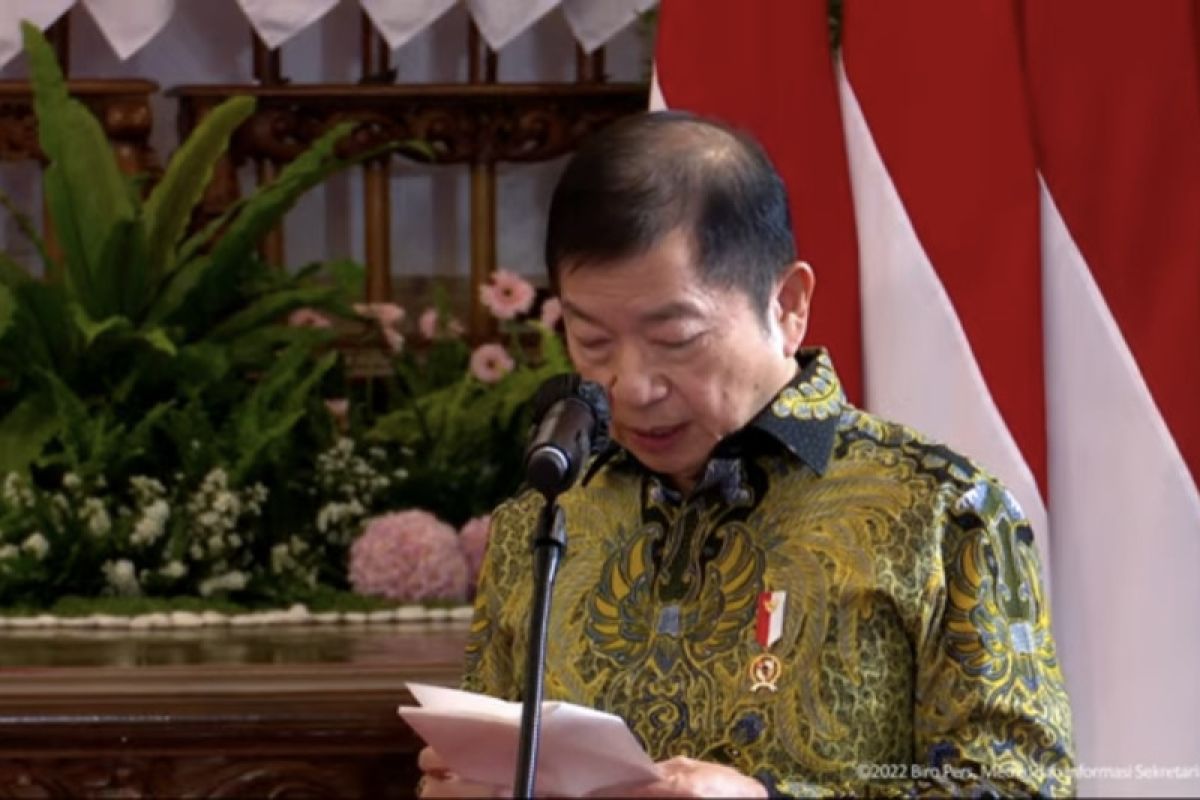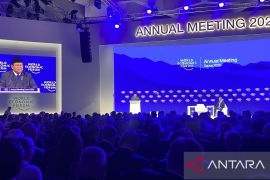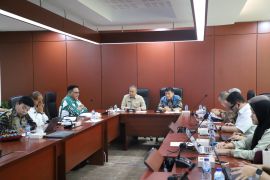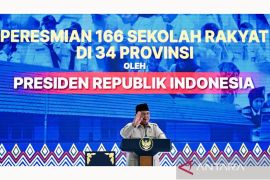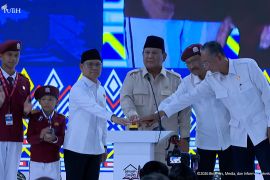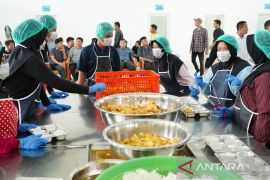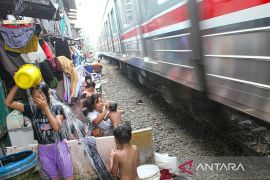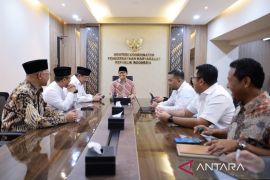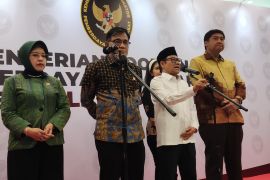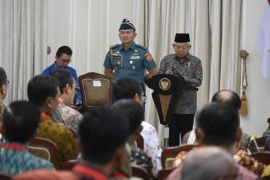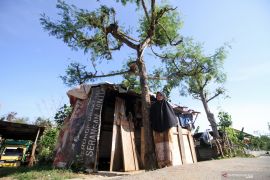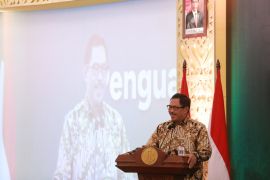"The policy to accelerate the reduction of extreme poverty cannot be implemented in a business as usual manner," Minister of National Development Planning/Head of Bappenas Suharso Monoarfa stated at the 2022 Development Planning Conference in Jakarta onThursday.
He later explained that the poverty rate did decrease during the 2015-2019 period but increased in 2020 due to the impact of COVID-19.
The increase in the poverty rate had decreased in 2021 and the efforts must continue to be accelerated through policy directions that align with the sustainable development goals (SDGs) agenda, he noted.
Moreover, one of Indonesia's SDGs targets is to end extreme poverty by 2030, so President Joko Widodo has given directions to achieve it by the end of 2024.
Based on the National Socio-Economic Survey (Susenas) in 2020, from 51.9 percent of the extreme poor population, 73.5 percent worked in the informal sector and 26.5 percent in the formal sector.
The data shows the need for integration of the extreme poor into all social security programs while increasing their capacity or productivity.
Meanwhile, Monoarfa remarked that efforts to achieve extreme poverty alleviation will be conducted in four stages.
First, the mainstreaming of extreme poverty targets will become all parties' intervention, including non-governmental organizations (NGOs) and the business world through the SDGs regional action plans.
Related news: National economy declines while population rate increases: BKKBN
Second, improving coordination to target the central and local social protection programs.
Third, assisting and facilitating access to capital and markets and increasing the productivity of the extreme poor.
The last one is the integration of social protection and empowerment programs to increase the self-reliance of the extreme poor.
Extreme poverty alleviation through cross-sectoral integration could be demonstrated in the advocacy of regional leaders in applying SDGs principles in the regional development plans.
SDGs principles can be implemented in the regional development plans through the integration of the national program for special economic zones (SEZ), national fish barns, and commodity-based agricultural centers.
Advocacy for regional leaders is also targeted to integrate SDGs implementation strategies through urban planning, marine, fisheries, and tourism management.
Related news: Free electricity installation in East Nusa Tenggara for 3,511 families
Translator: Astrid Faidlatul H, Resinta S
Editor: Rahmad Nasution
Copyright © ANTARA 2022
